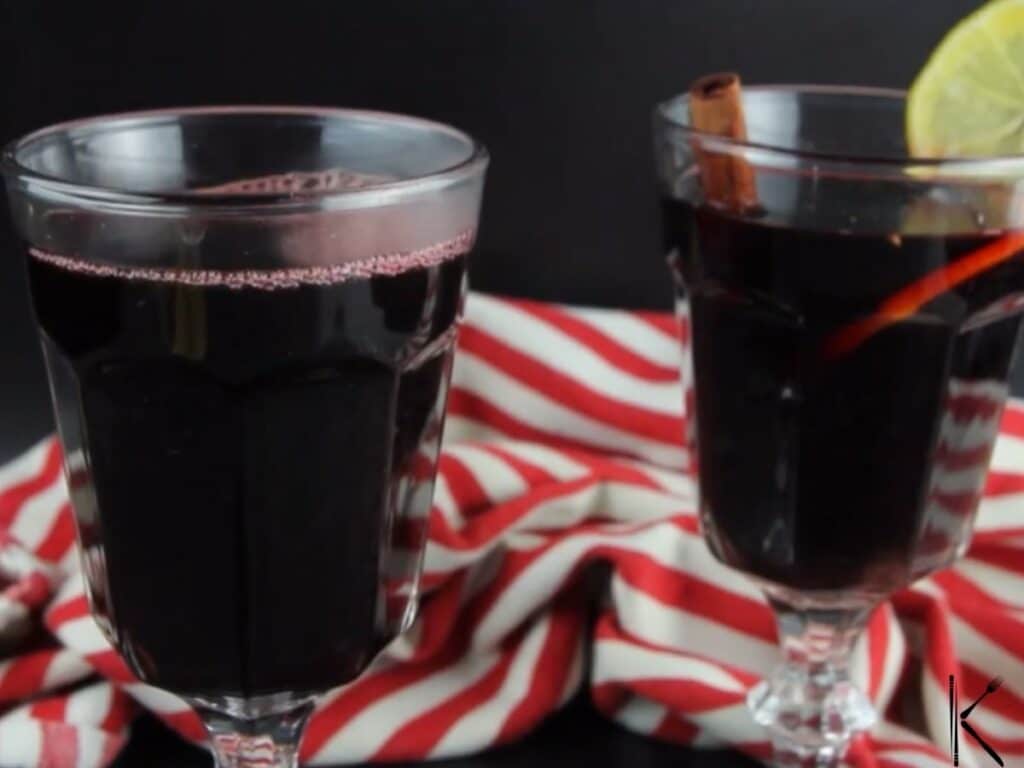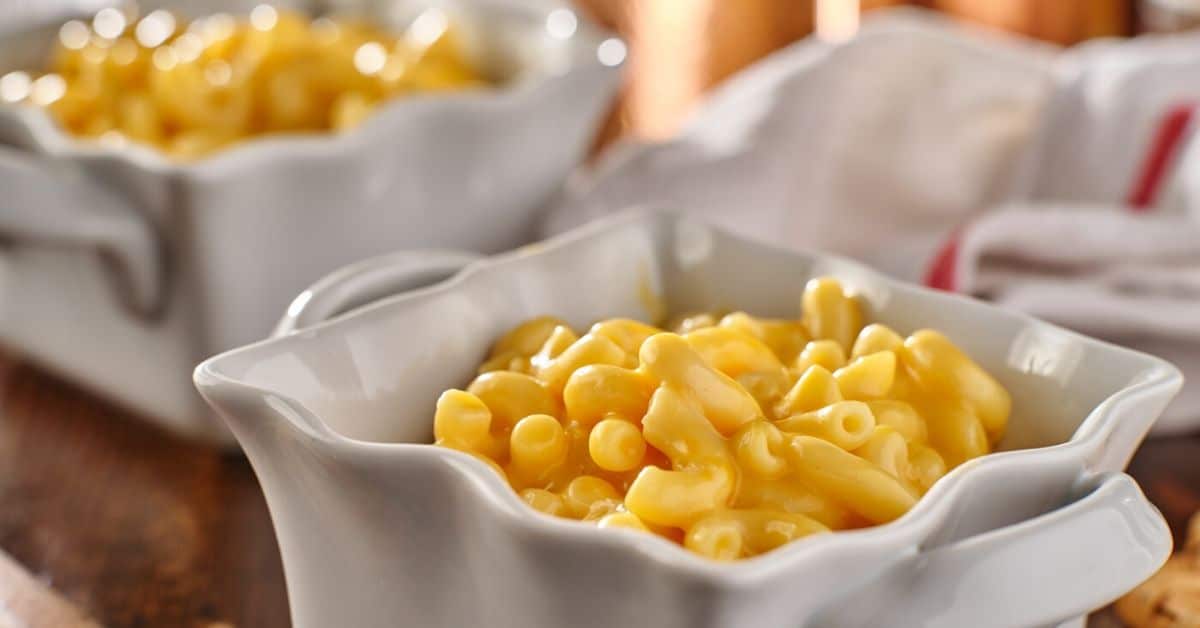Quick summary: Yes, wine can go bad, and its shelf life varies depending on the type. Signs of spoiled wine after opening include a damaged cork, unusual smell or taste, and strange appearance. Proper storage involves keeping wine away from sunlight, storing it in a cool and dark place, and laying bottles with corks sideways to prevent cork drying.
We bring you the answers to absolutely all the questions you had about the duration of the wine and how to store it properly. How to preserve an old bottle to be perfect for special occasions?
You’ve probably seen thousands of movies in which the lead actor turns out to be cool and orders a 40-year-old bottle of wine. You thought the bottle your grandmother left you must have a good wine taste, but then you opened it and got a weird grainy mixture of not very fragrant liquid. You wouldn’t believe it, but it happens often.
Which is the absolute truth about the duration of this divine drink. What will happen if you leave the bottle in the basement for a few years. Do you have to turn it over, and what temperature is needed? We solve all your puzzles below. Cheers
How Long Does Wine Last?
Let’s start with the most important. How long does wine actually last? We must immediately disappoint you because there is no single answer to this question.
Almost every wine will last differently. They all have in common that they are divided into those that should be consumed young and those made to age with years. Let’s see the difference.
Wines for imminent consumption
This type of wine is made so that you need to consume it within a short time. We do not mean the same day, but certainly within a couple of months or a maximum of a year or two. It is a wine with the best quality just when it is young, and its features and taste gradually degrade over time. It may take several years, but almost certainly, the pleasure of drinking will be weaker over time.
Mainly the manufacturers themselves put the expiration dates on the labels. And often, wine can be good for some time after the expiration date, but not much. We can say with almost certainty that these are all wines of the lower or middle price range that you can find in stores.
Wines intended for maturation
Producers immediately know by the quality of the harvest and the wine obtained whether they can separate a batch that will last for many years. These are genuinely top-quality wines and must have the best cork that will last for years. They are stored under unique protocols, and their quality and taste become better over time.
However, you must know that there is no guarantee that the wine will be suitable after 20 or more years. Most expensive restaurants that hold such special batches of wines have a policy that you cannot return the ordered bottle if it is incorrect. You simply take the risk with the order.
Shelf life due to type: Red, White, or Sparkling Wine
The above rules from separating better quality crops for more extended storage apply to wine regardless of whether you have a red, white, or sparkling wine bottle.
There are also some differences between them regarding the type of grape and the production method. Generally, red wines tend to last longer than white wines. Even when you have an average fine wine from the local store, chances are that red one will last a year or two longer than white wine due to the higher content of tannins.
The exception are sparkling wines, which have characteristics more similar to red wine and can last longer.
A peculiarity is a dessert wine that can withstand longer times due to its high sugar content. Again, its shelf life will depend on the type of unopened wine bottles you have.
Can Wine Go Bad?
Yes, even this perfect divine drink spoils very easily. No matter what kind of wine you have, it can spoil. And yes, it will be neither healthy nor very tasty to drink if that happens.
Here’s how to tell if a wine is spoiled after opening:
Sign 1: The cork is damaged
This tiny fellow plays a wonderfully important role in preserving the quality. Although it seems unimportant, a wrong cork will ruin the wine probably before other influences. When opening the bottle, pay attention to whether the cap is punctured or crumbling. If something is wrong, you know you need to evaluate the drink in more detail.
Sign 2: Something smells or tastes funny
As with everything else you put in your mouth, smell and taste are the leading indicators of correctness. If the wine has a sour smell, the same kind of taste, or it seems that something is wrong, it is very likely spoiled. It may happen that the wine ‘picked’ the smell of the cork. Although not the tastiest, this does not mean that it is bad to drink.
Sign 3: The look is weird
Most red wines have a naturally occurring residue. It is nothing unusual. However, if almost half of the bottle is taken up by some grain mixture instead of liquid, it will be safer to throw everything in the trash.
Which is the Best Way to Store Wine?
Wine lovers already know very well how to keep their valuables. Even if you don’t have professional cellars, some very safe tips can help you preserve the quality of this grape delight. Here’s how to best store the unopened bottle.
Tip 1: Keep products away from the sun
The sun is a great enemy of wine because it will oxidize and very likely become vinegar under the influence of heat and sunlight. So rule number one is to remove the wine bottles from direct sunlight.
Tip 2: Keep in cool and dark places
It does not necessarily mean you have to have a wine cellar, but it is advisable to store the wine in a dark and cooler place, ideally, between 50 and 60 degrees, slightly colder than room temperature.
Tip 3: Lay it sideways
Although today there are packages with glass or metal caps, original wines still retain corks. In this case, place the bottle sideways so that the wine cork does not dry out over time and thus perish.
FAQs
What happens if you drink old wine?
Drinking old wine is generally safe, but its taste and quality may have deteriorated over time. It might not offer the best flavor experience, but it’s unlikely to be harmful to your health.
How do you know if wine has gone bad?
You can tell if wine has gone bad by checking for off-putting odors like vinegar, mustiness, or a sour smell, as well as noting changes in color, flavor, or fizziness. If any of these signs are present, the wine might be past its prime and not enjoyable to consume.
Can you get food poisoning from wine?
Yes, you can potentially get food poisoning from wine if it’s contaminated with harmful microorganisms, although the risk is generally lower due to its alcohol content.
Should I keep unopened wine in a fridge?
No, unopened wine doesn’t need to be kept in the fridge, but storing it in a cool, dark place is recommended to maintain its quality.
Does wine expire if unopened?
No, unopened wine does not exactly expire, but its quality and taste can degrade over time. Proper storage in a cool, dark place can help preserve its characteristics for a longer period.
Conclusion
Wine is often a favorite drink of many. Some like white, some red, and some adore sparkling. Some like rice wine such as sake. There is a reason why this perfect drink has been enjoyed for millennia. If you want to greet your guests perfectly with a divine drop, in addition to learning different varieties and types of wine, remember to store it well. Always keep it in a cool and dark place, but not in the refrigerator. Additionally, do not shake it too much and lay it sideways. This way, you will always have a drink ready for your guests.
See more:









